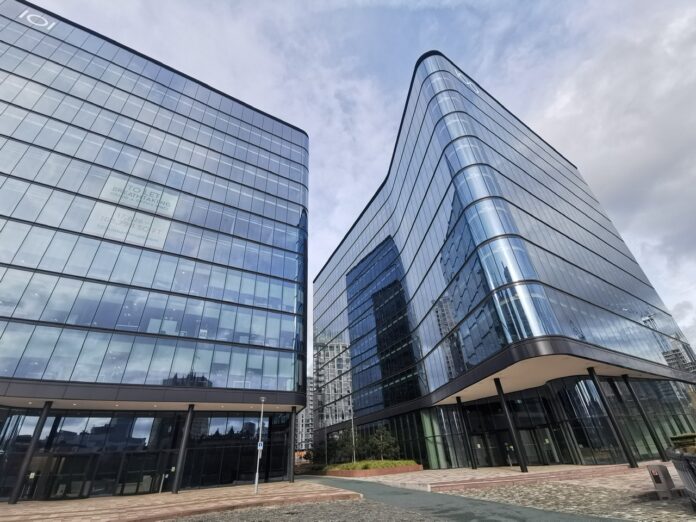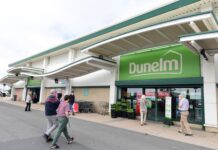Employment within the North West’s manufacturing sector continued to grow robustly , in the quarter to July, according to the CBI/Accenture Quarterly Industrial Trends Survey, with data showing the regional rate of increase to be broadly in line with the UK average.
Investment intentions for tangible assets for the coming 12 months also improved according to the data, which includes increased intended investment in plant and machinery compared to last quarter,and a stabilisation in investment intentions for buildings .
Looking ahead to the next quarter, the survey found that the average unit costs in the North West are expected to grow at a slower pace than the UK average over the next quarter , following a slightly faster rate of increase over the quarter to July.
Optimism within the sector fell for a third consecutive quarter and concerns over shortages of labour, and components and materials remain acute.
New orders in the North West fell in the quarter to July, despite above-average growth across the UK. The pace of growth in output was broadly in line with the national average.
Across the UK, growth in manufacturing output and orders eased in the quarter to July, slowing to more typical rates of expansion following a period of exceptionally strong growth over the previous year.
Andrew Finlayson, North West Lead for Accenture, said:
“Uncertainty in the manufacturing industry is testing firms’ resilience, however there are positive signs in the findings which shows we must remain confident. Despite dropping new order volumes, manufacturing output remains strong and we’re seeing encouraging employment growth as well as continued investment. The importance of these signals of growth should not be underestimated. Everyone operating in the sector is seeking opportunity and that intent will bring future growth.”
Anna Leach, CBI Deputy Chief Economist, said:
“The manufacturing sector has been a relative bright-spot in our economic surveys over recent months, but with output and orders now softening, conditions are becoming more uncertain for a sector already being buffeted by high cost inflation and ongoing supply challenges.
“It is encouraging, however, to see investment intentions firming. Stronger investment will be vital if the UK is to reinvigorate growth and keep recession at bay. The new prime minister will need act quickly to fan the flames of these ambitions by announcing a permanent successor to the Super Deduction and urgently reforming an outdated business rates system that currently acts as a tax on investment.”







